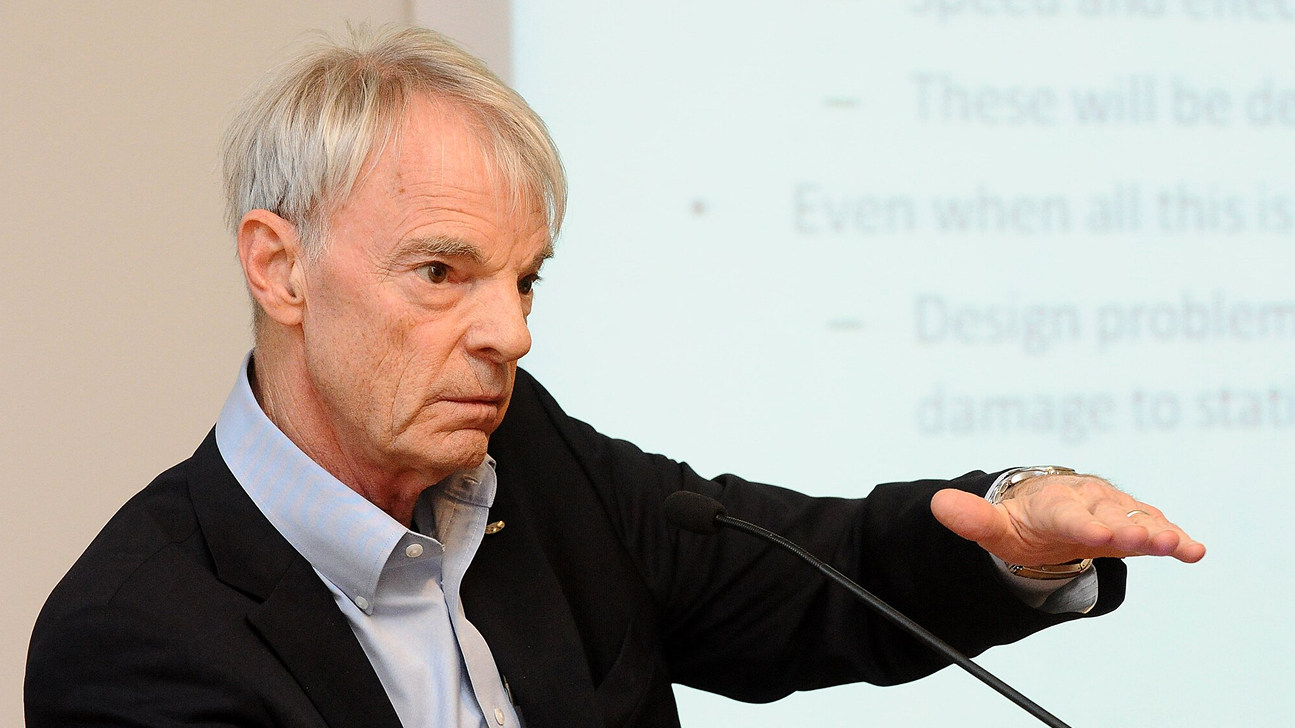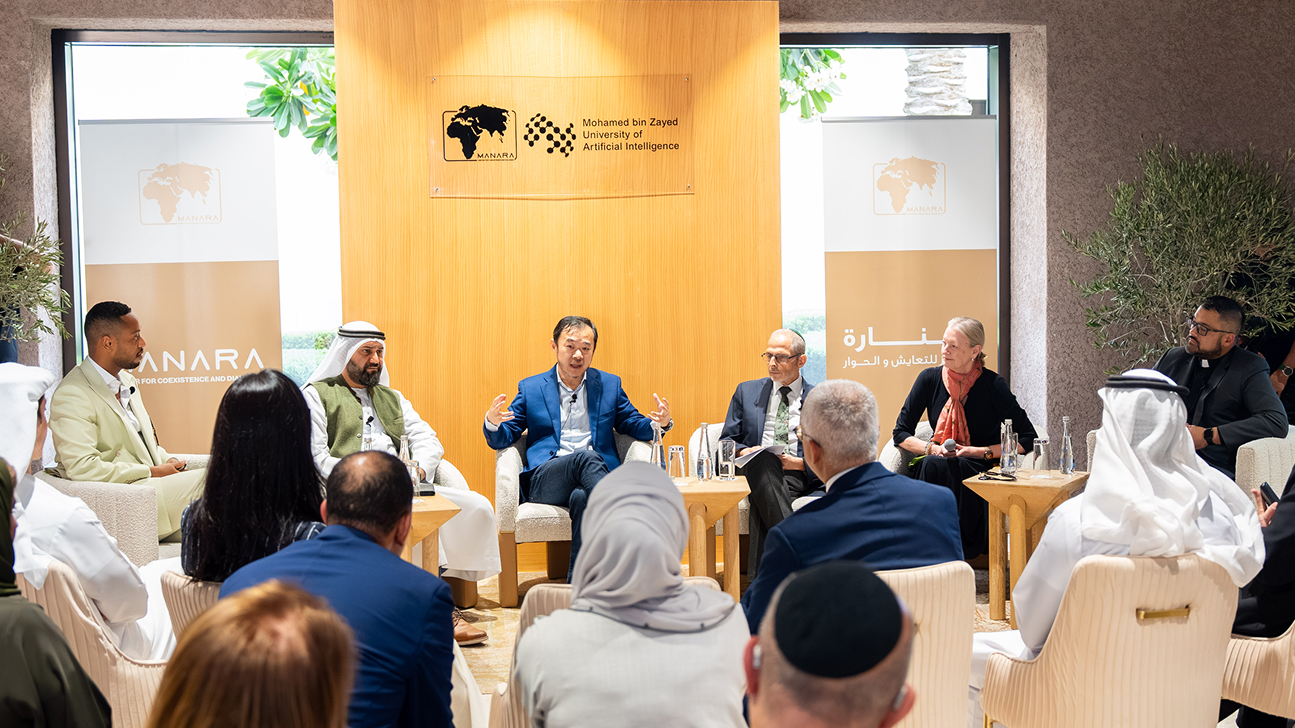Towards Controllable Swarms: Integrating Artificial Intelligence at Microscopic and Macroscopic Scales
Wednesday, September 11, 2024
Swarm robotics aims at designing systems that operate in the real world without relying on global information and human infrastructure. The field takes inspiration from biology, specifically from self-organized collective systems, whose individuals operate only relying on local interaction and communication, without a central brain. Despite their potential, swarm robotics has struggled in finding applications in the real world, some of the reasons being the relative simplicity of tasks solvable and the fact that collective behaviours are emergent, with properties often not in line with specifications.
In this talk, I will present my work that aims at increasing the controllability of swarm robotics systems at two scales: microscopic, through implicit intelligent leaders and macroscopic, through automated generation of swarm behaviours. In the first part, I will present a framework whereby a small minority of implicit leaders can guide large swarms and let them self-organize into several collective building blocks: collective motion, aggregation, and decision making. In this research line, ongoing and future work considers implicit leaders as robots equipped with learning capabilities. In the second part, I will present work on automated generation of swarm behaviours using grammatical evolution, and connect with ongoing and future work on the use of generative AI methods to produce collective behaviours in line with human specifications.
Post Talk Link: Click Here
Passcode: dv%htp7j
Speaker/s
Eliseo Ferrante received a MSc degree from Politecnico di Milano and one from University of Illinois at Chicago in 2007, both in Computer Science and Artificial Intelligence. He received his PhD degree in Applied Sciences from Université Libre de Bruxelles in 2013, with a thesis in swarm robotics and statistical physics. Dr. Ferrante works in interdisciplinary swarm robotics research at the interface with statistical physics and evolutionary biology. He is interested in fundamental research questions on how animals self-organize in large groups, and uses robots as model systems. He uses self-organized and machine-learning models to develop control and coordination algorithms for real robots, operating in environments without human infrastructure. Dr. Ferrante has over 80 publications in different fields, including robotics, physics, and computer science. As of September 2024, Dr. Ferrante is Visiting Professor of Computer Science at New York University Abu Dhabi and part-time tenured Assistant Professor at Vrije Universiteit Amsterdam. He previously held senior positions in the Autonomous Robotics Research Center at Technology Innovation Institute, Abu Dhabi, that he had joined from its inception. Previously, he has worked in universities in Europe and in the UAE, including: KU Leuven, Université de Technologie de Compiègne, Middlesex University and University of Birmingham.
Related
Nobel Laureate Michael Spence on how AI is redefining the global economy
Nobel Prize-winning economist Michael Spence explains how AI is reshaping the economic landscape and what is needed.....
- digital policy ,
- governance ,
- Nobel Prize ,
- guest talk ,
- guest lecture ,
- economics ,
- Economy ,
- Undergraduate ,
Understanding faith in the age of AI
MBZUAI hosted a panel discussion in collaboration with the Manara Center for Coexistence and Dialogue focused on.....
- connection ,
- discussion ,
- religion ,
- spirituality ,
- faith ,
- conversation ,
- panel ,
- Human–computer interaction ,

